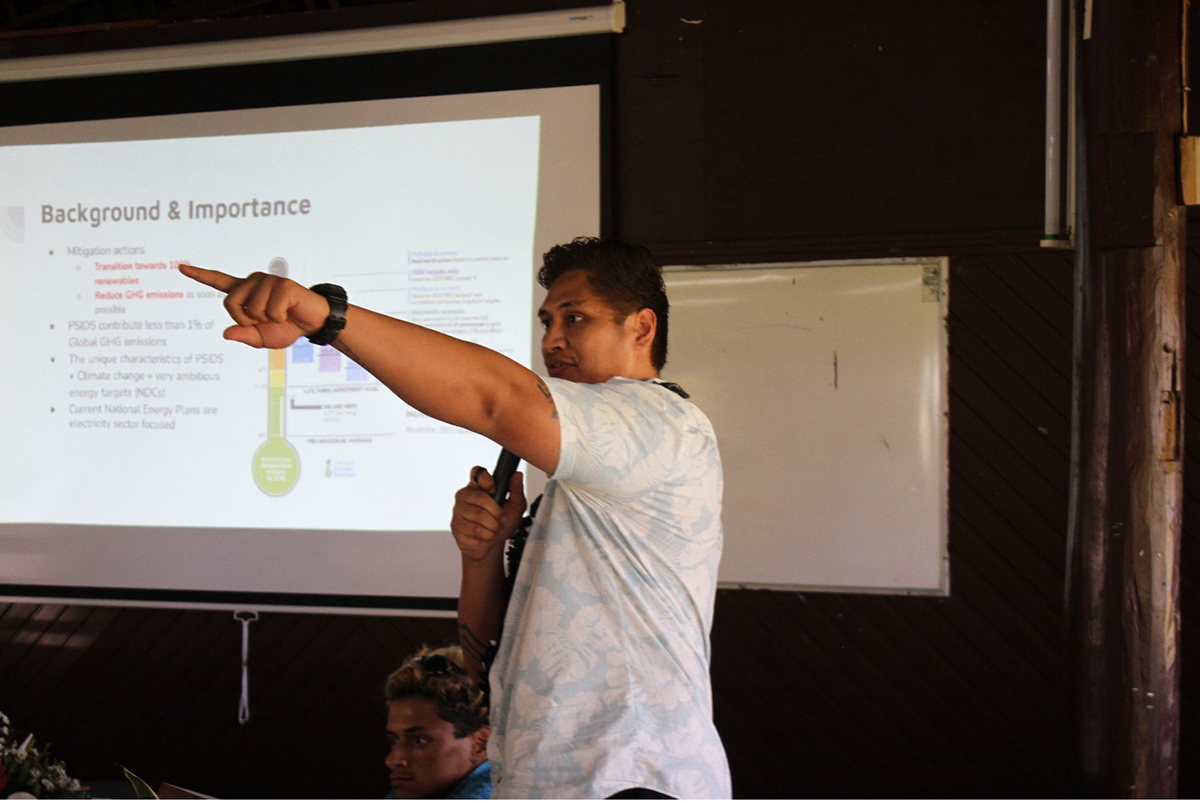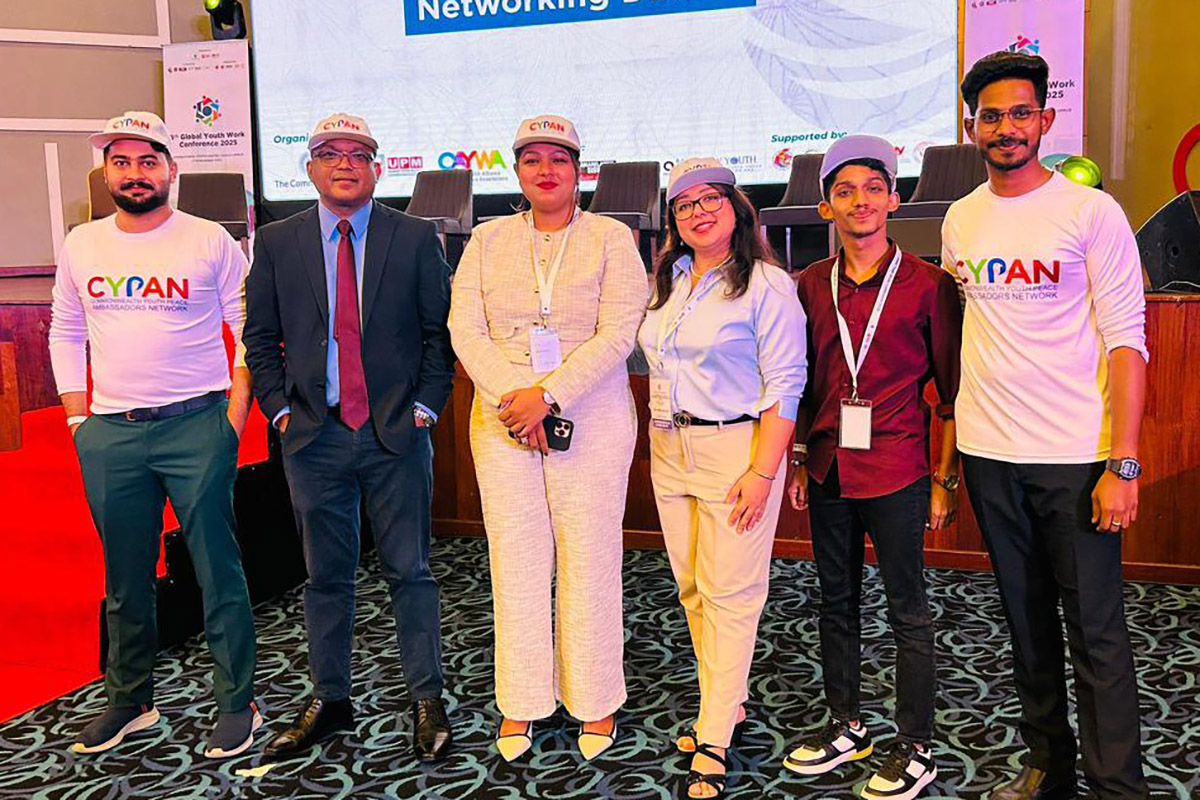” Conflict, leadership and democracy in Africa”
July 9Theories abound about the sources of Africa’s problems, writes Metolo Foyet, 21, a Commonwealth Correspondent from Cameroon now living in Niger, who argues that leadership is critical in the effort to nurture democracy on the continent.
“One of the main causes of terrorism is poverty. The vulnerability of Africa’s porous borders should be tackled. Police and soldiers live on the job, and with satellites and drones available today, anything can happen to you in their presence. Politicians should start taking public transport and visit conflict zones. Women and children are those who suffer most during conflicts. The intelligence industry in Africa will be more effective if more women join, for they are all over the place, and can use anything as a weapon and can easily get anything they want…”
Are you lost after reading those words? That is exactly how I felt sitting in a security class, listening to a guest lecture. Before that episode, a previous governance class made it clear that:”Nothing about you, without you, is for you. You cannot take the people for granted and claim you are doing things for them when they are not involved in the process. By building schools when they want hospitals, you assume what they need without asking what they want…”
The stress on the word “you” could make one think one was a politician in a previous life and had failed to serve the people. That issue aside, I did grasp a few of the points made in the lecture about sources of conflict. These include:
“Revolutionary ideas: the unique African currency and United Nations of Africa concepts have definitely led to the death of many.
“Refugees: their weight on the host country’s budget can spark conflict. Also, African governments make the mistake of repatriating refugees as soon as they land in the country, without interviewing them to understand the roots of the problem. They go back to the society with accumulated, unaddressed frustration and become the next threat to national security.
“Energy and natural resources: have you ever wondered why Africans can’t mine in China the way the Chinese mine in Africa? Someone (possibly corrupt) is facilitating the procedure, and we end up with destroyed ecosystems, leading to conflict.
“Natural and human-made disasters: earthquakes and floods brought down governments in Japan and Australia, for instance.
“Those neglected animals all over the place: Diseases that were eradicated decades ago resurface through them.
“Unemployment crises are exploited by youth who have no jobs so that they can spend their days marching.
“Injustice can make a fed up person burn himself and cause national unrest. As for election-related violence, that has become the trend in Africa.”
Poor governance is fertile ground for terrorists, conflict entrepreneurs, and partakers in illegal activities to exploit the gap in governance.
Colin Powell said leadership is solving problems. The day the people stop bringing you their problems is the day you have stopped leading them. They have lost confidence that you can help or have concluded that you do not care. Whatever the case, it is a failure of leadership. Just as we have successful and struggling monarchies and autocracies in the world, democracy has seen spectacles of turbulence and contention, but it has also built strong and peaceful nations.
The only difference between prosperous and failed states is that whilst the leaders of the former have provided quality service and worked on improving the lives of their people, those of the latter have done the opposite. Poor governance is fertile ground for terrorists, conflict entrepreneurs, and partakers in illegal activities to exploit the gap in governance.
…………………………………………………………………………………………………………………
photo credit: marcoverch Schachfiguren auf einem Schachbrett. Springer und Bauern via photopin (license)
…………………………………………………………………………………………………………………
About me: I am a social entrepreneur with a focus on education, agriculture and cybersecurity.
I have a track record of adding value to organisations by delivering innovative projects that engage stakeholders. I have expertise in public affairs, strategic communications, translation, research and development, product design, grassroots development and project management across the not-for-profit and private sectors.
I paint, write, and am an environmental, travel and sports enthusiast. I envision a career in the public service, especially the UN.
…………………………………………………………………………………………………………………
Opinions expressed in this article are those of the author and do not necessarily represent the views of the Commonwealth Youth Programme. Articles are published in a spirit of dialogue, respect and understanding. If you disagree, why not submit a response?
To learn more about becoming a Commonwealth Correspondent please visit: http://www.yourcommonwealth.org/submit-articles/
…………………………………………………………………………………………………………………





